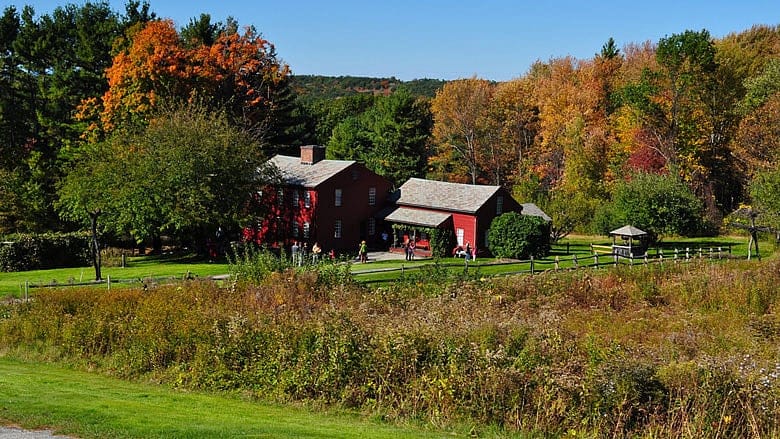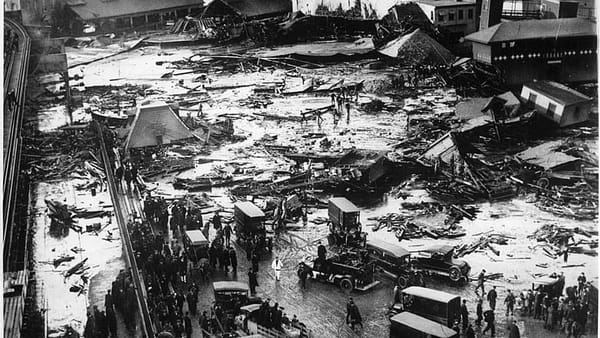No. 7: ‘Little Women’ author Alcott spent part of her childhood in a utopian community

Louisa May Alcott is famous for her novels, such as "Little Women," but her father, Amos Bronson Alcott, was well-known in his time for founding the Transcendentalist utopian community Fruitlands. The communal experiment lasted for only about six months, from June to December 1843, and was located in Harvard, about 35 miles northwest of Boston. The community was designed to reject worldly activity and to operate self-sufficiently. Property was shared, and members didn't produce more food or goods than they could consume. Today, the site is home to the Fruitlands museum. But visitors to the rolling grounds may not realize that the inspiration for the experiment came from an 1840 meeting that also led to the creation of Brook Farm in Boston, a Transcendentalist cooperative formed in 1841. Alcott, along with Ralph Waldo Emerson and Henry David Thoreau, visited the farm, in West Roxbury, where residents included Nathaniel Hawthorne and Charles Dana.

